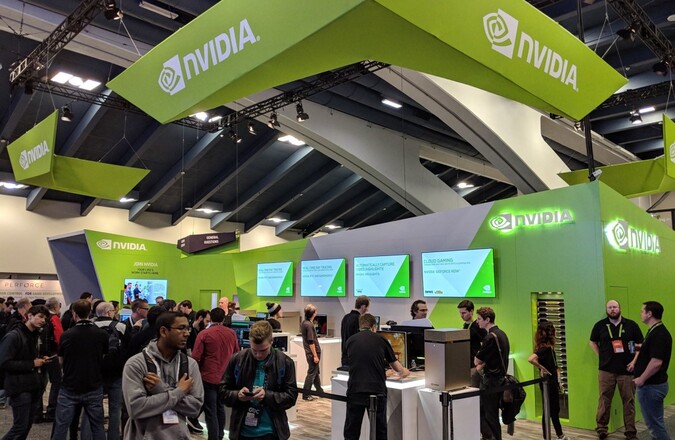
China’s Internet regulator has barred the country’s largest technology firms from purchasing artificial intelligence processors made by NVIDIA, intensifying Beijing’s push to strengthen domestic chip capabilities and reduce reliance on U.S. technology.
The Cyberspace Administration of China (CAC) this week instructed companies including ByteDance and Alibaba to halt testing and cancel orders for NVIDIA’s RTX Pro 6000D, a processor designed specifically for the Chinese market. Several firms had already begun verification processes with server vendors and had planned to acquire tens of thousands of the GPUs, according to people familiar with the matter. Following the CAC directive, suppliers were told to immediately suspend related operations.
The move extends earlier restrictions focused on NVIDIA’s H20 chip, another product tailored for China amid U.S. export controls. Authorities concluded that domestic processors have reached performance levels comparable to, or in some cases exceeding, NVIDIA’s models available under the restrictions. As a result, regulators are signaling that local firms should accelerate adoption of indigenous semiconductors rather than depending on foreign alternatives.
Beijing has been urging its major internet platforms and cloud providers to deepen support for local semiconductor manufacturers such as Huawei and Cambricon, alongside in-house chip design efforts at companies including Alibaba and Baidu. In recent weeks, these firms were asked to submit performance comparisons between their products and NVIDIA’s China-specific GPUs. Regulators determined that the domestic alternatives are now capable of competing effectively, bolstering arguments for a full shift toward homegrown solutions.
Homegrown China Chip Ecosystems
The prohibition marks a significant escalation in China’s efforts to counter U.S. export restrictions that have limited its access to cutting-edge processors. Washington barred NVIDIA from selling its most advanced GPUs, including the A100 and H100, to China under rules introduced during the Biden administration, citing national security concerns. NVIDIA responded by developing modified versions such as the H20 and RTX Pro 6000D to maintain access to the market. Those adaptations are now being directly curtailed by Beijing’s latest directive.
The development comes against the backdrop of heightened geopolitical competition over artificial intelligence and semiconductor leadership. U.S. policymakers continue to seek ways to slow China’s progress in AI infrastructure, while Beijing aims to ensure that domestic industries can achieve self-sufficiency in critical technologies. For Chinese technology companies, the ban represents both a challenge and an opportunity: access to NVIDIA’s GPUs is being cut off, but regulatory endorsement of local solutions may accelerate the scale-up of homegrown chip ecosystems.
The total value of canceled RTX Pro 6000D orders was not disclosed, but the directive underscores the growing alignment between industrial policy and regulatory enforcement in China’s technology sector. With domestic processors gaining traction and government support intensifying, the prohibition signals a decisive pivot away from reliance on U.S.-supplied chips in one of the most strategically sensitive areas of global technology competition.





